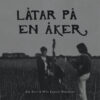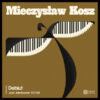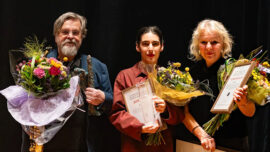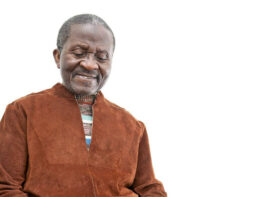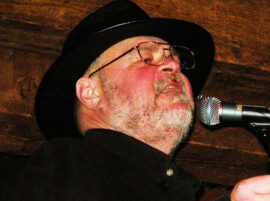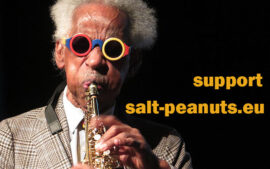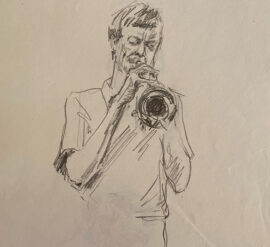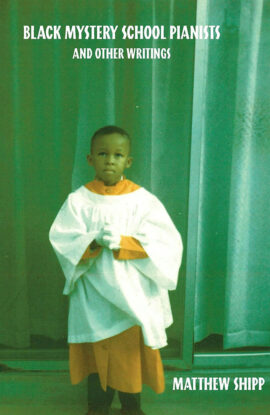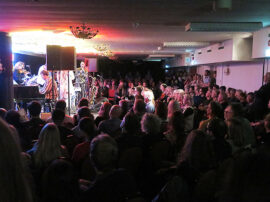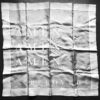
Amen, Amen, Amen is the sophomore album of the Swedish septet Belovds, led by poet-singer-songwriter-composer Channa Riedel, following Så tar natten dig åter (Abrovinsch, 2020). Riedel is the daughter of renowned Swedish double bass player Georg Riedel and contributed vocals and lyrics to his Jiddischland album, nominated for Children’s Music of the Year at the 2024 Manifest Gala. Riedel’s poetry book Karlsbad was published in 2023, and was nominated for the Katapult Prize.
Beloveds was formed in 2016 and its name was inspired by the anti-war poem «Beloveds» by American poet-activist-critic Juliana Spahr, who linked troubled global politics and their direct impact on our intimate spaces while developing unconventional pro-nouns. The new album draws inspiration from the poetic-spiritual sonic universes of Charlie Haden’s Liberation Music Orchestra, Leonard Cohen, and Robert Wyatt, enhanced by Beloveds’ extensive experience in the Swedish free jazz scene, but it sounds as owes much to the seminal influence of Kurt Weill with a touch of klezmer music. Riedel’s poignant and most humane lyrics reflect her Jewish family history. She calls the album «a desperate prayer for the dead» and adds that she wants the music would tell «something about the history of the oppressed, about flight, struggle, and longing».
Amen, Amen, Amen features Beloveds and Riedel’s interpretations of poems by Emily Dickinson, Marina Tsvatjeva, Stig Dagerman and Gunvor Hofmo, and alongside Riedel’s lyrics that correspond wisely with these poems, all calling for a more compassionate, peaceful and humane world. Riedel’s vulnerable and emotional yet always fully committed vocal delivery is beautifully accompanied by Beloveds, always attuned to every nuance in her phrasing, and articulating masterfully her engaging melodies..
The album opens with a marsh, an interpretation of Dickinson’s «I noticed People disappeared», turned cleverly into an uplifting, anti-war anthem: «I know the truth – give up all other truths! / No need for people anywhere on earth to struggle. / Look – it is evening, look, it is nearly night: / what do you speak of, poets, lovers, generals?» Riedel’s «Don’t die betrayed by land and God» reflects her family’s troubled history and advises: «Don’t be treacherous but leave / love letters and ironed clothes behind / As proof of that you once loved». The interpretation of Russian poet Tsvatjeva’s «Mera!» (More) – sung in Swedish – reflects the revolutionary socialist-egalitarian spirit of the Russian Revolution of 1917 when all wished that “everything belongs to everyone”. The following cover of Swedish author Stig Dagerman’s «Den förklarade häxan» (The witch expained) cast necessary doubts on all-powerful, populist beliefs.
Riedel’s most personal «Tesuvah» relates to the Jewish concept of Repentance: «For many years I thought our lives were the same / Railroads of blood designed and no one knows how / But you’re the one who doesn’t know / when the Book of Life is opened». «Everything belongs to everyone» corresponds with Tsvatjeva’s «Mera!» and hopes, that if we learn the lessons of the past, «There will be a place and time when / Everything belongs to Everyone». The title song suggests Riedel’s most compassionate vision: «From those mourned by the stars / hymns out of tune is rising». Beloveds’ cover of Norwegian poet Gunvor Hofmo’s «Det finns ingen vardag mer» (There is no everyday life anymore) touches on the horrors of all wars and their endless effects: «There is no everyday life anymore. / There are only silent screams, / there are only black corpses / that hangs in red trees!». This beautiful, inspiring album ends with an optimistic message, encapsulated in the acoustic song: «Someday we will meet / And there will be times / when love seems far away / But remember: It’s only forming / But remember: We’re almost there». Amen.
Eyal Hareuveni
Channa Riedel (vocals), Gustav Davidsson (trombone), Olle Vikström (reeds), Joel Haag (guitar), Karl Magnús Andersson (piano), Björn Petersson (double bass), Anton Jonsson (drums)




